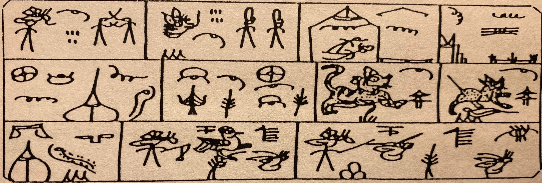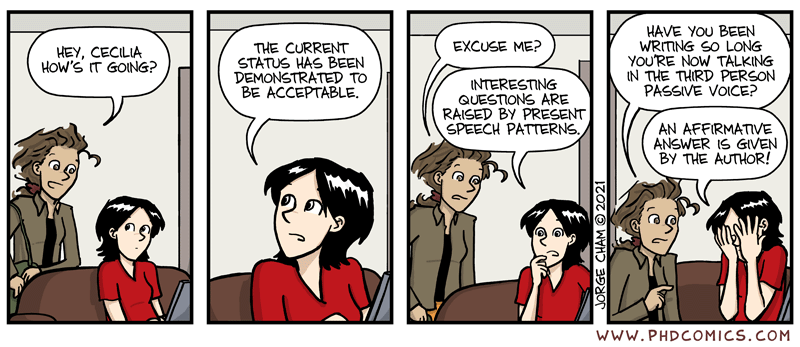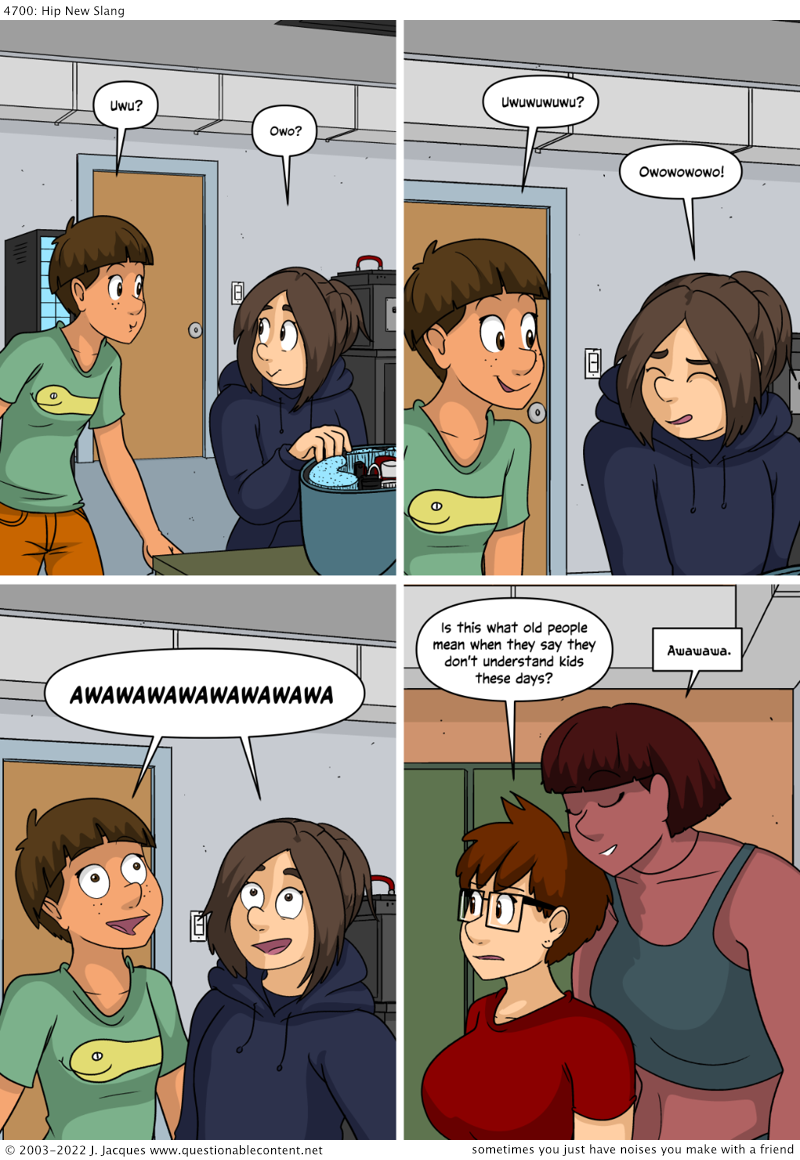Shooketh, rattleth, and rolleth
In his "The Good Word" column of The Atlantic (1/24/22), Caleb Madison has a new article, "Why We’re All Shooketh: The term is online slang of Biblical proportions". The first two paragraphs:
Lately modern life has felt all too biblical. Plagues, massive weather events, tribal divisions, demagogic leadership … and people using words like shooketh. The phrase I’m shooketh was first uttered by the comedian Christine Sydelko in a YouTube video uploaded to her account in 2017 (she was expressing her shock at having been recognized by a fan at Boston Market). The adjective shooketh took off as a way to lend biblical proportions to awestruck confusion. But the linguistic journey to its creation spans the evolution of the English language, connecting Early Modern English, turn-of-the-century adventure novels, and Twitter slang.
When we want to transform verbs like shake into adjectives, we typically use something called a participle, either present or past. The present participle of shake is shaking, as in “I’m shaking.” The past participle would be “I’m shaken.” But, for some reason, in the 19th century, the simple past tense, shook, took hold. In Robert Louis Stevenson’s 1883 adventure classic Treasure Island, Long John Silver admits, “I’ll not deny neither but what some of my people was shook—maybe all was shook; maybe I was shook myself.” And 14 years later, in Rudyard Kipling’s Captains Courageous, the form reappears within a now-common collocation with up when Dan Troop exclaims, “Well, you was shook up and silly.”
Read the rest of this entry »




